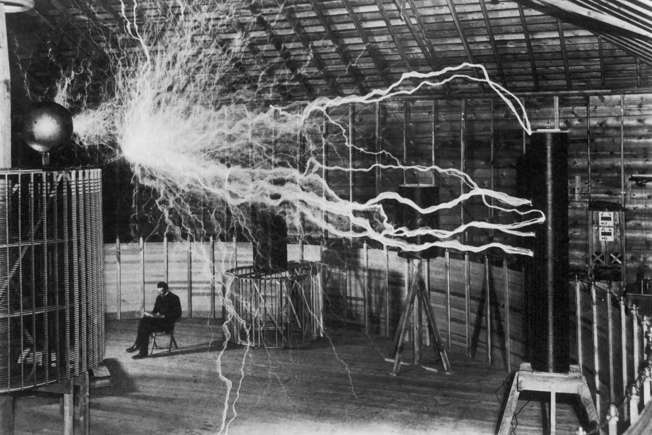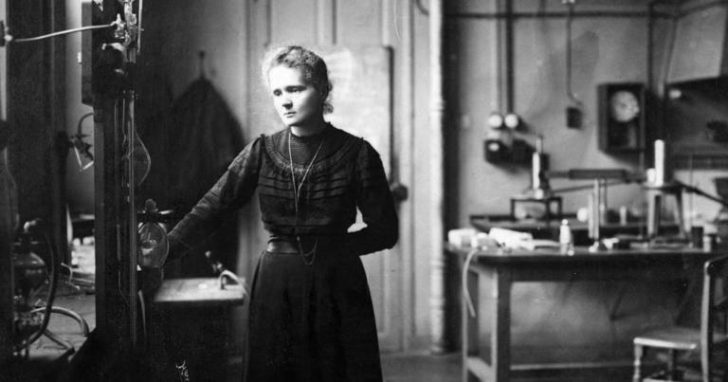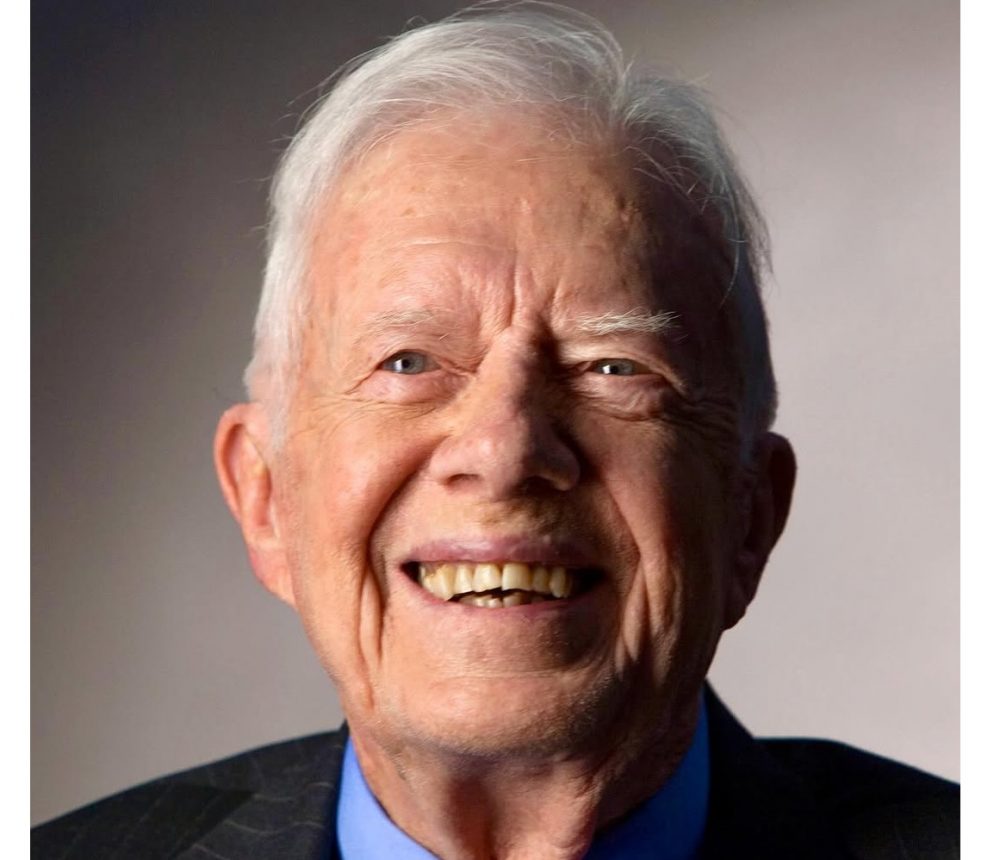In the world of science, where precision and logic reign supreme, a fascinating paradox exists: the eccentric scientist. These are individuals whose brilliant minds don't just break the mold; they shatter it. They remind us that creativity and unconventionality are often the bedrock of genius. Here are the puzzling lives of eccentric scientists.
Nikola Tesla: The Archetypal Mad Scientist
Nikola Tesla, synonymous with electricity and innovation, was as enigmatic as they came. A genius with an otherworldly imagination, Tesla's life was a tapestry of brilliant inventions and peculiar habits. He claimed only to sleep two hours a night and was obsessed with the number three, insisting on staying in hotel rooms. Tesla envisioned a world powered wirelessly, a concept far ahead of his time. Despite his oddities, or perhaps because of them, Tesla remains a towering figure in the annals of science, a testament to the fact that eccentricity and genius often go hand in hand.
Richard Feynman: The Playful Genius
Richard Feynman, a Nobel laureate in Physics, was as famous for his scientific prowess as he was for his playful, nonconformist spirit. He was a curious character, dabbling in safe cracking, bongo playing, and art alongside his groundbreaking work in quantum mechanics. Feynman's ability to simplify complex scientific concepts made him a beloved figure. His unconventional teaching methods and zest for life are a reminder that science isn't just a pursuit of knowledge but an adventure.
Isaac Newton: A Solitary Enigma
Isaac Newton, the father of modern physics, was a solitary figure whose life was as mysterious as it was impactful. Famous for formulating the laws of motion and universal gravitation, Newton also had a lesser-known obsession with alchemy and biblical prophecy. He was known for his reclusiveness and occasional rage, challenging the idea that scientific genius is synonymous with a balanced temperament.
Ada Lovelace: The Prophetic Programmer
Ada Lovelace, often considered the world's first computer programmer, was a visionary who saw the potential of computers beyond mere number crunching. She worked on Charles Babbage's early mechanical general-purpose computer, the Analytical Engine. Lovelace's notes imagined a future where machines could create music and art, predicting the versatility of modern computers. Her foresight and intellectual boldness make her an extraordinary figure in the history of science and technology.
Marie Curie: A Pioneer Against Odds
Marie Curie, the first woman to win a Nobel Prize and the only person to win it in two different sciences (Physics and Chemistry), had a life story marked by defiance and resilience. Curie faced numerous challenges working in a male-dominated field, yet her determination never wavered. She did experiments in a makeshift lab and even stored radioactive materials in her desk drawer! Despite the health risks of radiation exposure, Curie's relentless pursuit of knowledge showcases the often-overlooked audacity of scientific endeavor.
Conclusion: Celebrating Eccentricity in Science
The lives of these scientists tell us that eccentricity is not just a footnote in the annals of scientific achievement; it's often a driving force. These individuals challenged norms, defied conventions, and pursued their passions with relentless curiosity and fearless innovation. They remind us that seeking knowledge is not just a systematic journey but also an expression of personal quirks and creative vision.
Their stories are about scientific breakthroughs and the human spirit's capacity to think differently, dream wildly, and pursue the unknown. As we navigate the complexities of the modern world, let's draw inspiration from these enigmatic personalities, embracing the eccentricity in ourselves and others as a potential source of untold discovery and progress.







